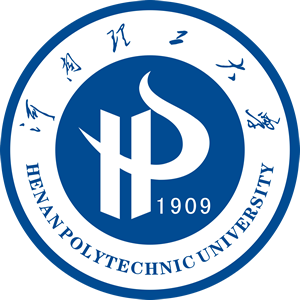
地址: 河南省焦作市高新区世纪路2001号[454000] Tel: 0391-3987069 E-mail: zkxb@hpu.edu.cn,skxb@hpu.edu.cn |

请您访问
|

社会科学版
|
| 供稿: 姚荣杰 | 时间: 2018-12-05 | 次数: |
作者:姚荣杰
作者单位:河南大学哲学与公共管理学院
摘要:税费改革促进了我国基层政权职能的转变,县乡村三级利益共同体逐渐解体,村民自治也不断创新,从而使20世纪90年代紧张恶化的基层干群关系得到缓和。但与此同时,我国农村仍然存在着农民对基层干部缺乏信任并在行为上冷漠疏离的现象,其原因在于税费改革后基层政权普遍存在的消极行为。基于这种状况,应以基层治理资源的合理配置与基层民主的切实推进为关键点,从根本上促进基层干群关系的和谐与基层政治的稳定。
DOI:10.16698/j.hpu(social.sciences).1673-9779.2017.04.008
分类号:D252
Abstract:Tax reform has promoted the transformation of the grassroots government function in our country, the country-township-villiage community of interests has gradually disintegrated in rural area, and villagers' autonomy has also been developed, relaxing the tension between the grassroots cadres and the masses since 1990 s.But at the same time, villagers don't trust in grassroots cadres and behave indifferently to them, partly due to the prevailing inactive tendency in the the grassroots governments.Therefore, if we want to foster a harmonious cadre-mass relationship and the stability of grass-roots political power, we should take the rational allocation of resources and promotion of grassroots democracy as the key points.